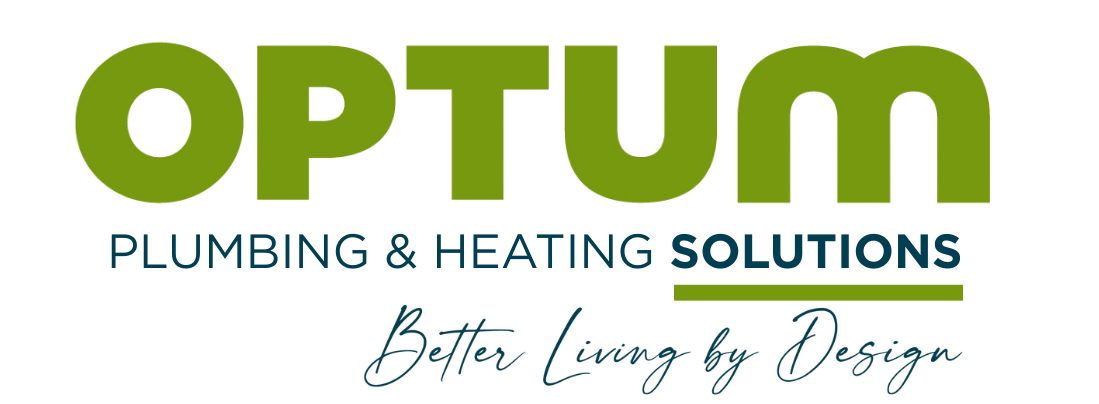Heating Advice for Property Managers
Managing a rental property comes with the responsibility of ensuring a comfortable and efficient heating system for tenants and holidaymakers. However, maintaining and optimising these systems can be challenging and they need to be monitored. There’s nothing worse than receiving a phone call from a tenant or holidaymaker at 9pm on a Friday reporting that there is no heating!
Here are some essential tips and advice for property managers to ensure their heating systems run smoothly and efficiently and to mitigate the risk of unplanned issues with heating systems popping up:
- Regular Maintenance
Annual Servicing: Ensure that your heating appliance undergoes an annual service by a qualified engineer. This will help identify potential issues before they become major problems and ensure the boiler is operating efficiently.
Routine Checks: Perform regular checks for any signs of wear and tear, leaks, or unusual noises. Early detection of issues can prevent costly repairs and ensure the safety of the property.
- Energy Efficiency
Upgrade Older Models: If your property has an older heating appliance, consider upgrading to a modern, energy-efficient model. Newer appliances can significantly reduce energy consumption and lower utility bills for tenants.
Install a Programmable Thermostat: Programmable thermostats allow tenants to set heating schedules that match their lifestyles, reducing unnecessary energy usage and costs.
Insulation: Ensure that the property is well-insulated. Proper insulation in walls, roofs, and floors can greatly reduce the amount of heat lost, making the heating system more efficient.
- Safety Measures
Carbon Monoxide Detectors: Install carbon monoxide detectors near the heating appliance and in other strategic locations throughout the property. Regularly check the detectors and replace batteries to ensure they are functioning correctly.
Ventilation: Ensure that the heating appliance has adequate ventilation. Blocked vents can cause dangerous build-ups of carbon monoxide and reduce the efficiency of the appliance.
Emergency Procedures: Develop and communicate clear emergency procedures for tenants in the event of a heating malfunction, especially if it is a gas appliance. Ensure they know how to turn off the heating appliance and who to contact in an emergency.
- Tenant Education
Operating Instructions: Provide tenants and holidaymakers with clear instructions on how to operate the heating appliance and thermostat. Educate them about the importance of not tampering with the system and reporting any issues immediately.
Energy-Saving Tips: Share energy-saving tips with tenants and holidaymakers, such as turning down the thermostat slightly and wearing warmer clothing indoors during colder months.
Thermostats: A room thermostat prevents your heating system from using more fuel than it needs to. It will turn the heating on until the room reaches the temperature you have set and then off until the temperature drops below your programmed temperature. The thermostat should be set to the lowest comfortable temperature, typically between 18°C and 21°C. Also, bear in mind that room thermostats need a free flow of air to sense the temperature, so make sure they’re not blocked by curtains or furniture, and keep them away from heat sources.
- Record Keeping
Maintenance Records: Keep detailed records of all maintenance and servicing activities. This not only helps in tracking the heating appliances performance but is also essential for warranty purposes and when proving compliance with safety regulations.
Incident Logs: Maintain a log of any issues or incidents related to the heating appliance. This can help in identifying recurring problems and planning preventive measures.
- Professional Support
Qualified Engineers: Always hire qualified and certified engineers for installation, maintenance, and repairs. This ensures that the work is done to a high standard and complies with all safety regulations.
Service Contracts: Consider entering into a service contract with a reputable heating company. This can provide peace of mind with regular maintenance and priority service in the event of an emergency.
- Planning for the Future
System Upgrades: Stay informed about new technologies and advancements in heating systems. Investing in modern, more efficient systems can save money in the long run and provide a better experience for tenants and holidaymakers.
Renewable Energy Options: Explore the possibility of integrating renewable energy sources, such as solar thermal systems, to supplement the heating appliance. This can further reduce energy costs and environmental impact.
Proper management of heating systems is crucial for the comfort and safety of tenants and holidaymakers. By following these tips and maintaining a proactive approach to maintenance and upgrades, property managers can ensure that the heating systems in their property portfolios operate efficiently, safely, and reliably. Investing in energy-efficient technologies and educating tenants and holidaymakers on proper usage can also lead to significant cost savings and a more sustainable property management approach.
If you live in Queenstown, Wanaka or surrounding areas and are experiencing any issues with your heating appliance contact Optum. We have a team of experienced heating technicians available to carry out maintenance, servicing and installations:
Call Us: 03 443 5718
Email: admin@optum.co.nz
